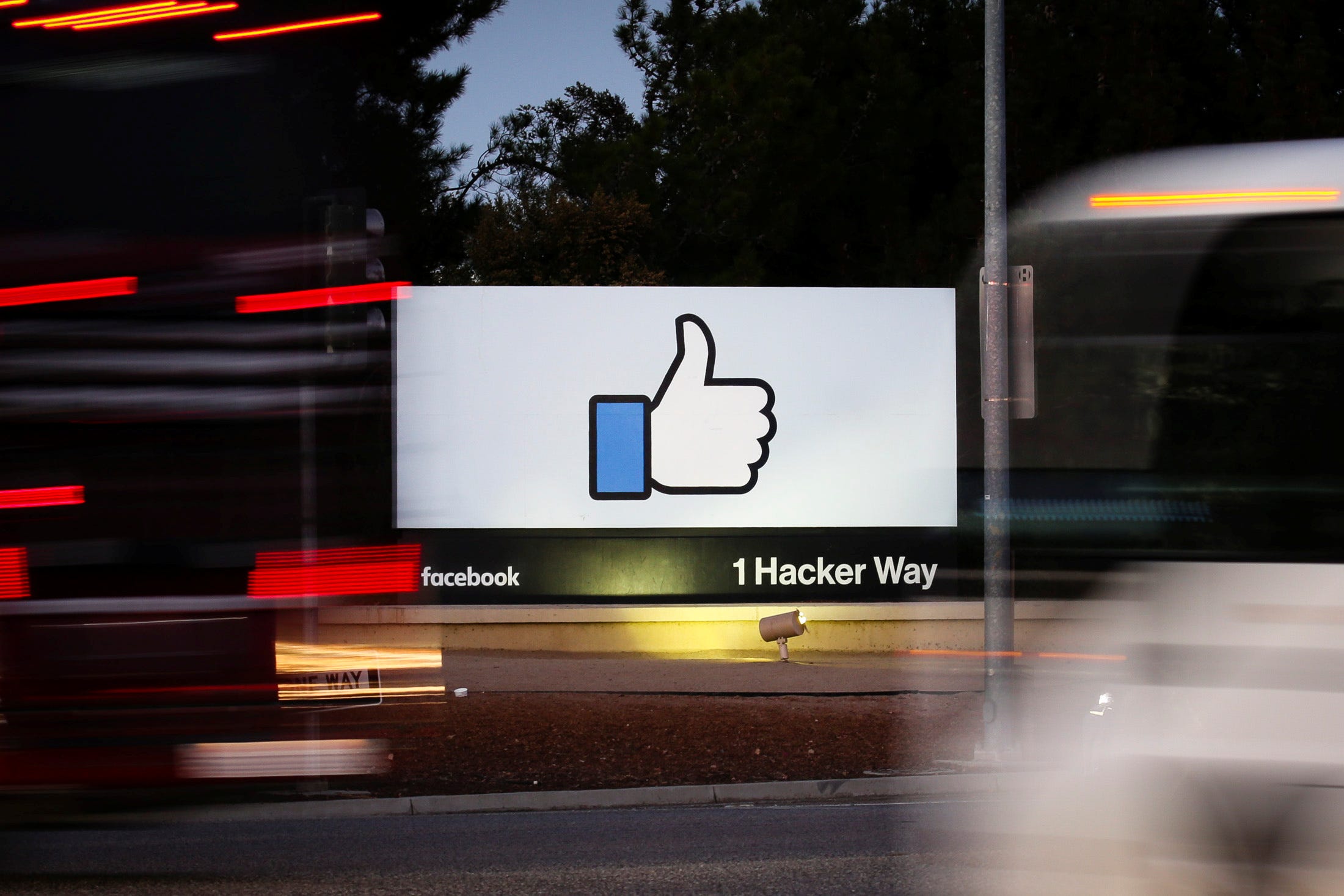
Elijah Nouvelage/Reuters
- Facebook said it removed hundreds of accounts from Russian and French troll networks focused on influencing opinion and politics throughout Africa.
- In Central African Republic, networks from France and Russia interacted, criticizing each government’s policies in the country.
- That was “the first time our team found two campaigns — from France and Russia — actively engage with one another,” said Facebook’s security team in a blog post.
- At least one network also had a presence on Twitter, which took action on “a small number of accounts based on close coordination with our peers,” a Twitter spokesperson said on Thursday.
- Visit Business Insider’s homepage for more stories.
Facebook on Wednesday said it had removed three troll networks based in France and Russia, accusing them of spreading disinformation in Africa and the Middle East.
At least one of the networks also had a “small” presence on Twitter, the company said on Thursday.
The French network was linked directly to individuals in the French military, according to Facebook. The two from Russia appeared to continue the work of previously removed networks linked to businesses in Russia.
Strangely, the French and Russian networks overlapped, Facebook added.
“While we’ve seen influence operations target the same regions in the past, this was the first time our team found two campaigns – from France and Russia – actively engage with one another, including by befriending, commenting and criticizing the opposing side for being fake,” Nathaniel Gleicher, head of security policy, and David Agranovich, global threat disruption lead, wrote in a blog post.
The French network focused its efforts on supporting the French military and policies in Francophone Africa, countries and territories spread across north-west Africa.
"Although the people behind it attempted to conceal their identities and coordination, our investigation found links to individuals associated with French military," Facebook's security team said.
That network had more than 100 accounts and pages spread over Facebook and Instagram. Primarily posting in French and Arabic, the users posed as locals, spreading news and commenting on others' content.
In some posts, the network spread information about potential Russian meddling in Central African Republic. One post, translated by Facebook, read: "The Russian imperialists are a gangrene on Mali! Watch out for the tsarist lobotomy!"
That network had been battling one of the two Russian networks, which also had about 100 accounts and pages on Facebook and Instagram. They interacted with the French network, by writing "supportive commentary about the [Central African Republic] government, criticism of the French foreign policy, and a fictitious coup d'etat in Equatorial Guinea," said Facebook.
"They also solicited content from local journalists. The people behind this activity took operational security steps to conceal their location and identity," Facebook said.
The largest network removed on Wednesday originated in Russia and focused mostly on Libya, Sudan, and Syria. On Facebook, that network had 211 accounts and 126 pages. On Instagram, it had 17 accounts and 16 groups, according to Facebook. In its internal investigation, Facebook found links to a Russian network removed in October 2019, it said.
Some of the Russian activity had been connected to the Internet Research Agency, a group associated with past operations to influence opinion about Russian businesses, according to researchers at Stanford Internet Observatory, who combed through Facebook's findings before the social network made them public.
The Russian network extends outside Facebook, said SIO in a blog post.
"The operation also had a Twitter presence of approximately 30 accounts actively participating in the information operation. These accounts had several thousand followers - at least one had almost 12,000 followers - but the Twitter presence was much smaller than that on Facebook," researchers wrote.
—Shelby Grossman (@shelbygrossman) December 15, 2020
"We've taken action on a small number of Twitter accounts based on close coordination with our peers. We do not have country-specific information to share at this time and our investigations are ongoing," a Twitter spokesperson told Business Insider on Thursday.
The person added: "As ever, if we can confidently and reliably attribute any of this activity to state-backed actors, we will disclose accounts and associated content to our archive of information operations - the only one of its kind in the industry."
Reporter Kevin Shalvey worked at Facebook from 2018 to 2019.
